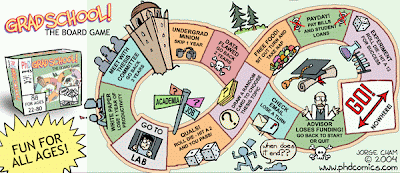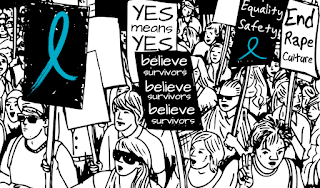Lessons from Flight
 |
| Port Hueneme, the final resting place of the 88 souls who perished on Alaska Airlines Flight 261. |
Last year I traveled to Port Hueneme to visit this beautiful and bittersweet memorial. Its somber reminder stands in stark contrast to the liveliness that surrounds it; children play on a swing set nearby, families frolic in the ocean just beyond it's walls, and bikers speed by on the pathway that runs beside it. I can hardly imagine what it must have been like here on that January day eighteen years ago, when a MD-83 carrying almost one hundred people plummeted from the sky and disintegrated into the ocean below.
Over the last sixty years, there have been around 1,500 passenger jet airline crashes that have resulted in over 30,000 fatalities. As someone who is fascinated by aviation, I was drawn to these parts of our history while watching documentary shows such as 'Air Crash Investigation' or 'Air Disasters.' At the end of each episode, following the overseeing agency's investigation, recommendations are made with the intention to prevent future incidents. After watching enough of the episodes, and visiting places like Port Hueneme, I realized the vast majority of these incidents are preventable and usually fell into the same few simply categories of error. While the airline industry learned valuable lessons that improved the safety of flying, I found that much of what they learned is directly transferable to almost every other aspect of life.
1. Always fly your plane.
We live in a highly advanced society which regularly entrusts itself to technology. It becomes easy, routine even, to simply switch on auto-pilot and turn our attention elsewhere. We have systems in place that notify us of approaching aircraft or warn of flight malfunctions. In fact, our planes are so advanced that pilots often fixate on what the systems are telling them and fail to engage in the simplest act of piloting -- flying the plane. As we pilot our lives, it's important that we are always attentive to the skies around us and the controls at our fingertips. Regardless of what instrumentation and fancy technological advances can tell us about what is happening, we must remain present and engaged in the process of traveling through life.
2. Cross-checks are essential.
Anyone whose flown has likely heard the flight crew announce, "cross-check complete." Prior to take-off and landing, the pilots and cabin crew will run through numerous checklists to ensure the plane is ready for departure or arrival. After a crew member, such as the pilot, completes a checklist of tasks, the co-pilot will cross-check, or verify, his/her work ensuring that no mistakes were made. This magnificent process ensures that corrective action can be taken, and everyone is better for it. We generally take great pride in our autonomy and independence, and typically don't seek out others to scrutinize the work we've done. In life, much like in flight, it is important to surround yourself with a team who wants the good for you as much as they want it for themselves; the art of cross-checking benefits us all.
3. Never skim on maintenance.
Pilot error accounts for 50% of all airline disasters, and the second leading cause is mechanical failure. The Alaska Airlines flight that took the lives of 88 people was ultimately the result of poor maintenance. The MD-83 has a horizontal stabilizer on it's tail, controlled by a jackscrew, which enables the plane to move up and down. Increased times between regularly scheduled maintenance and lack of proper care inevitably led to the jackscrew being rendered useless and the plane no longer controllable. We often cut corners like the airline industry, trying to squeeze every last penny out of what we got. And while there is nothing wrong with saving or making money, we must always look at the cost. In life, our maintenance and care is just as important; the moment we start skimping even on the small nuts and bolts that hold us together, we most assuredly are headed for a breakdown.
In taking pause today to remember those who lost their lives on January 31, 2000, I hope that we all take something away that not only reminds us to how to fly safer but live better...and honor those innocent lives that paved the way for us with their very last breath.


Comments